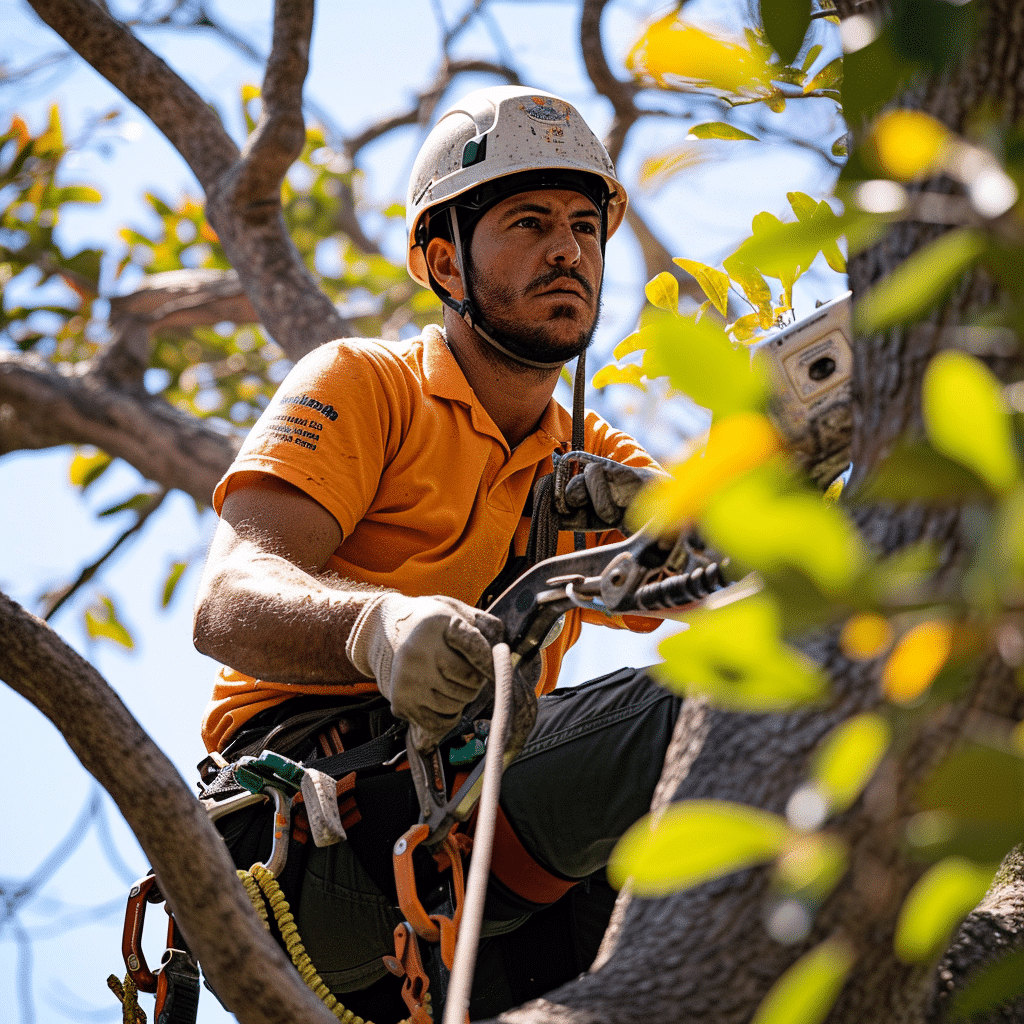How to Pick the Suitable Arborist for Your Tree Care Needs
In the realm of maintaining the well-being and beauty of the trees you own, selecting the ideal arborist is crucial. With their specialized knowledge and skills, certified arborists are prepared to handle a variety of tree care needs, from trimming and disease assessment to tree extraction and safety analyses. On the other hand, not all tree care professionals are created equal, and comprehending the distinct role of an arborist can make a profound difference in the care given to your trees.
If you are facing a storm-damaged tree, aiming to enhance your landscape, or simply wanting to ensure your trees thrive, hiring a qualified arborist can provide reassurance. In this article, we will investigate the essential factors to consider when selecting an arborist, what you can look forward to during the tree care process, and the many ways a knowledgeable arborist can assist you with the needs of your trees. Understanding these aspects will not only enable you to make a more informed decision but also contribute to the ongoing health of the trees you care for.
Value of Employing a Accredited Arborist
When it comes to maintaining the health and aesthetic of your trees, selecting a licensed tree care specialist is crucial. Qualified tree care specialists have completed thorough training in plant care and are trained about botanical science, tree health, and proper trimming techniques. This expertise ensures that your plants receive the highest available care, promoting their growth and longevity. By partnering with a expert, you can avoid common blunders that might result in harm or disease.
Another important asset of hiring a certified arborist is their focus to security. Arboriculture can be dangerous, particularly when operating at elevations or handling heavy tools. Tree care specialists are educated in established guidelines to lessen dangers to themselves and your property. They are supplied with suitable protective equipment and hold the capabilities necessary to perform complex jobs, such as tree removal or trimming, without causing injury.

Finally, licensed arborists can provide essential insights and suggestions that go beyond simple tree care. They can diagnose tree diseases, recognize risks, and offer personalized approaches to maintain or boost the health of your trees. This comprehensive approach not only guarantees the health of your plants but also enhances value to your property. By investing in a certified tree care specialist, you are making a thoughtful choice for both prompt and long-term arboricultural needs.
Signs Which Suggest You Need the Arborist
If you observe symptoms of deterioration in your trees, it may be time to consult an arborist. Be on the lookout for indicators like wilting leaves, color changes, or abnormal leaf drop. These changes can signal stress from environmental factors or disease. Moreover, if you see dieback, where the tips of branches are dead, this could signal deeper issues that require professional assessment.
A further clear indicator is the presence of pests. If one see insects on the trees or unusual webbing, it is crucial to seek help from an arborist. They can correctly identify the pests and recommend treatments to avert further damage. Ignoring such signs can lead to more severe tree health problems and even loss of the tree.
Finally, if you are concerned about the structural integrity of the trees, including leaning trunks or apparent cracks in branches, it is advisable to reach out to a arborist. They can conduct a risk assessment and determine if a tree poses any danger to your property or surrounding area. Early intervention can be essential in preventing potential hazards and ensuring the safety of the landscape.
Key Considerations To Consider Picking an Arborist
As you picking an arborist, the primary aspect should be their certification and certifications. Certified arborists have completed extensive training and assessments to ensure they carry the expertise needed for appropriate tree care. Seek out certifications from well-known organizations, as this shows a devotion to adhering to industry standards and practices. Moreover, inquire about their background and any specialized training they may have in connection with the specific tree care tasks you need, whether it's pruning, diagnosing diseases, or tree risk assessment.
Another crucial factor is the arborist's credibility and references. Look up online feedback, testimonials, and request references from previous clients. A trustworthy arborist should be ready to provide you with information about their experience and client contentment. Additionally, consider read more to tree care—do they focus on health and sustainability, and are they well-informed about the latest methods? This can impact not only the current care of your trees but also their long-term health and stability.
To wrap up, assess the communication and consultation process. A good arborist should be able to describe their methods, address your concerns, and grasp your goals for your trees. They should provide clear quotes and timelines for their work. Clear communication helps foster a reliable relationship, ensuring that your tree care needs are met professionally. Choose an arborist who takes the time to hear you out and educate you about your trees and the optimal methods for their care.